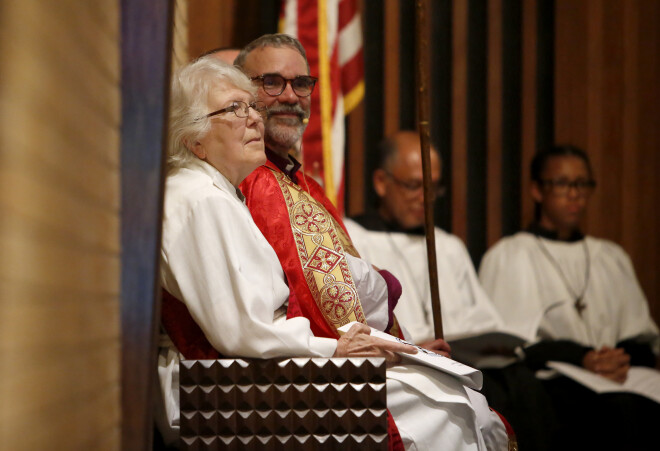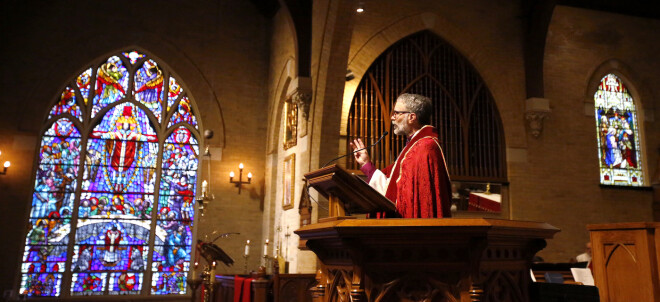On Hurricanes

It is natural that the recent devastating string of hurricanes should provoke questions that touch on our faith, including rabbi Kushner's “why do bad things happen to good people?” (Father Victor who offers a lecture on the subject in our online course at the Stanton Center adds that the opposite is a valid question too). In the 18th century the atheist French philosopher turned his sarcasm on the idea of God in the wake of the Lisbon earthquake. At least then people honored the truth claims of religion enough to fight over the question! It is understandable that we Christians too should ask hard questions in the wake of our own instances of what are called “natural evil.” A good quick read on the subject is David Bentley Hart.
My point is simple - this is a case of what Daniel calls the mystery of iniquity. No satisfying answer is possible until “we see face-to-face” (I Corinthians 13). But this ought not to be taken to be a reason to foreclose complaint and questioning. Job does both, and then God silences him and blesses him! We in the meantime are left, in the face of what we do not yet know, to confess what we do. That nothing can separate us from the love of God in Jesus (Romans 8) must be said, but in a way that weeps with those who now weep. Eschatology is not meant to silence others.
As a footnote, we acknowledge an outstanding piece of theological business. Consider this verse: “we know the whole creation has been groaning.. until the revealing...” (Romans 8:22). We do not really understand how the creation itself has suffered the corruption of the Fall, though it must in some sense be true. This too will be clearer by-and-by, when the circle is once again unbroken.
+GRS




